Massive real estate fraud in Navoi leaves 425 victims waiting for justice; authorities under scrutiny for prolonged investigation
A real estate fraud scandal in the city of Navoi has left 425 individuals defrauded and sparked widespread discontent over the prolonged investigation. The case centers around a residential complex under construction, comprising 148 apartments and 14 commercial units, sold multiple times by the project’s developers.
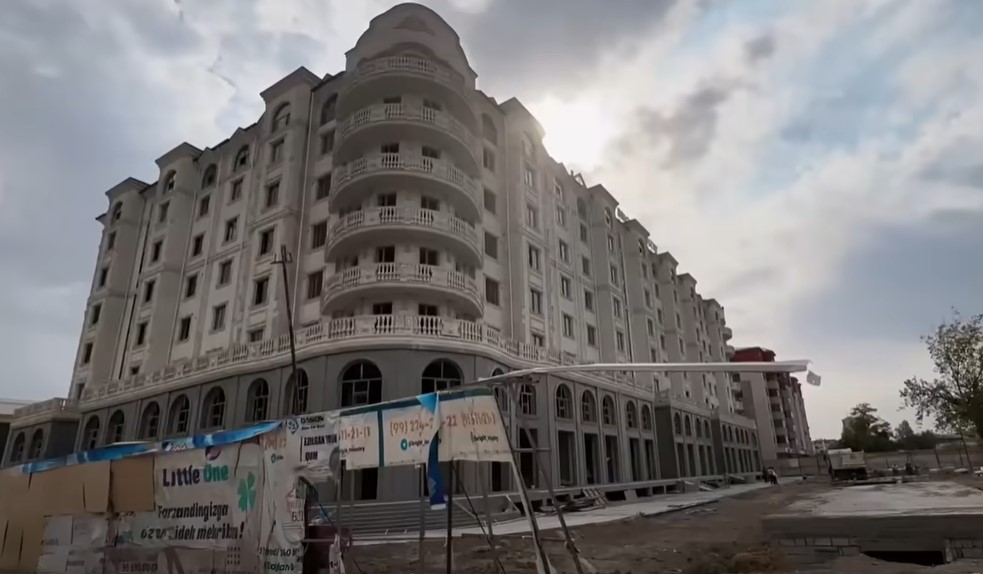
Photo: Frame from the video
According to local sources, the head of "Bright Industry Buildings The Future" LLC, Mehroj Rahmatov, allegedly sold the same properties to multiple buyers and embezzled funds from 263 victims for personal use. A criminal case against Rahmatov under Article 168, Part 4(a) of Uzbekistan’s Criminal Code (large-scale fraud) was opened on August 20, 2024. Despite legal provisions requiring investigations to be completed within three months, the case remains unresolved.
During the investigation, authorities froze Rahmatov’s assets, including 12 properties such as a kindergarten, a concrete production facility, a greenhouse, a fish farm, and eight vehicles. However, the defrauded individuals report that they have not been compensated, and Rahmatov has not been taken into custody.
Frustrated by the delays, victims have expressed dissatisfaction with the investigation. Many allege that the responsible authorities are not acting decisively to bring justice.
The issue gained further attention when a journalist from the Sevimli TV channel launched an investigative report into the fraud. According to Kun.uz sources, Navoi Regional Prosecutor A. Mirzayev personally summoned the journalist, requesting that the report not be aired, citing concerns that it could interfere with the ongoing investigation. The journalist declined, prompting the prosecutor to send a formal letter to the channel’s management to block the broadcast.


The prosecutor's letter argued that broadcasting the report could disrupt investigative procedures, as preliminary inquiries had not yet concluded. Critics argue, however, that the delayed investigation reflects inefficiencies rather than legitimate procedural constraints.
Related News
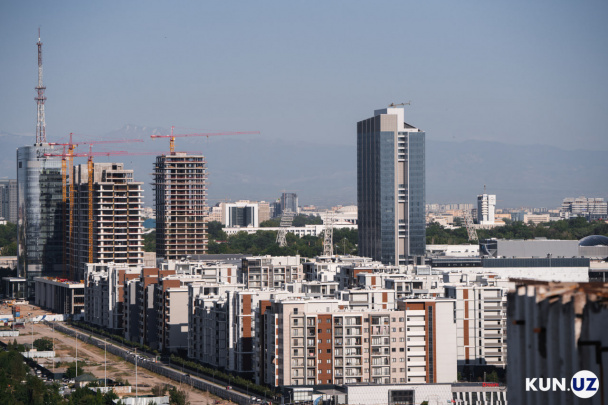
13:44 / 16.02.2026
Average rental price in Tashkent returns to 2023 peak – CERR
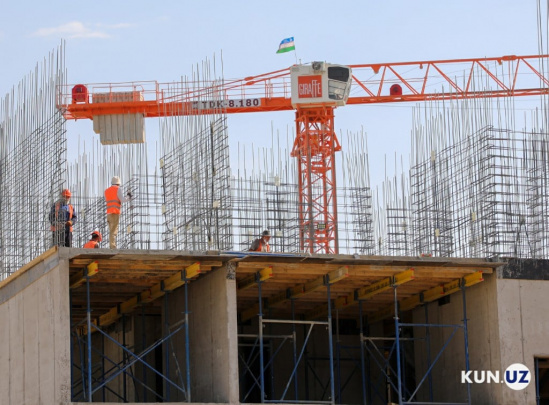
22:00 / 14.02.2026
Andijan region plans to cut housing project launch time to 30 days
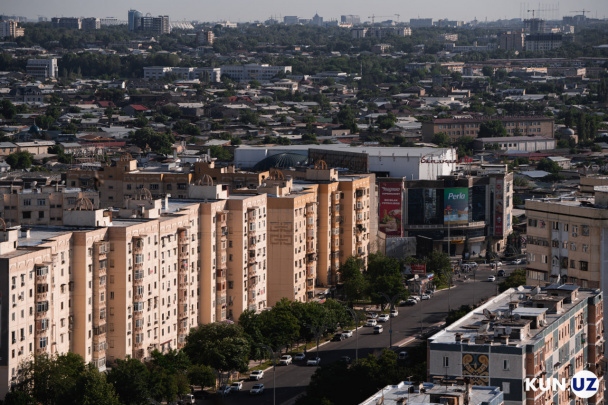
16:10 / 13.02.2026
Uzbekistan’s housing market records 12% sales growth in January
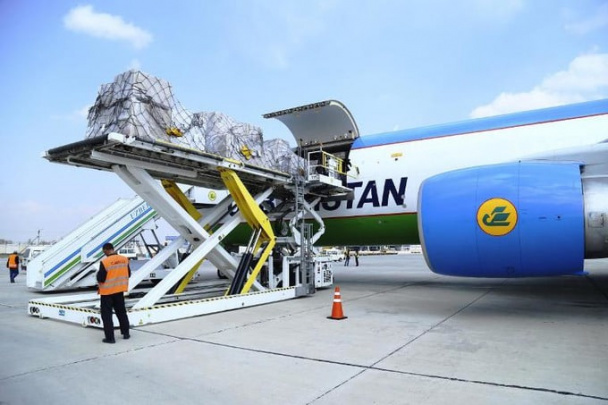
16:05 / 11.02.2026




